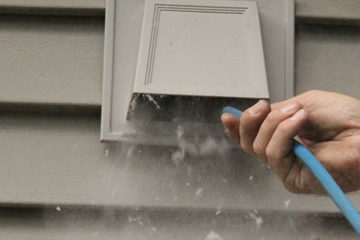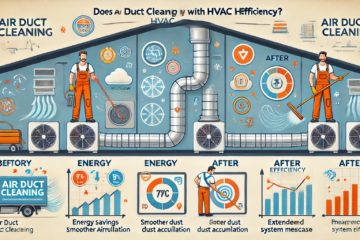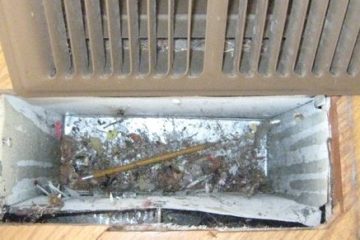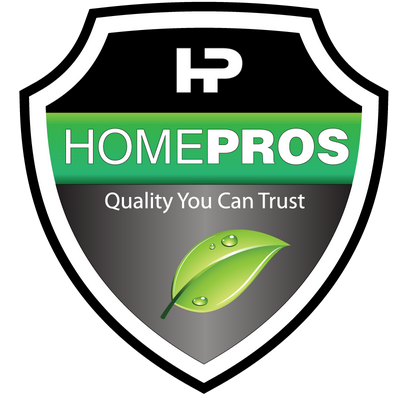When selling a home in Canada, many homeowners overlook one crucial aspect: radon testing. Radon, a naturally occurring radioactive gas, can seep into homes through foundation cracks and other openings. It’s invisible, odourless, and, most importantly, harmful to your health. As a responsible homeowner, understanding the importance of radon testing when selling a home in Canada is key to ensuring a smooth and safe transaction. In this article, we’ll explore why radon testing is essential, the common concerns around it, and how to address them effectively.
Radon Testing When Selling a Home in Canada
Radon testing is becoming increasingly relevant for homeowners looking to sell their properties. With growing awareness of the health risks associated with radon exposure, many buyers are now requesting radon test results before finalizing a purchase. According to Health Canada, radon is the second leading cause of lung cancer after smoking, making it a serious concern for prospective buyers. By conducting radon testing when selling a home in Canada, sellers can address potential issues upfront and avoid last-minute surprises that could derail the sale.
Common Questions About Radon Testing When Selling a Home in Canada
Do I Legally Need to Test for Radon?
While there is no federal law in Canada mandating radon testing during a home sale, it is highly recommended. Some provinces and municipalities may have specific guidelines or recommendations, but it’s not a universal requirement. However, the presence of a radon test report can be a strong selling point, providing peace of mind for potential buyers.
What Happens If High Radon Levels Are Found?
If testing reveals radon levels above the recommended 200 Bq/m³, mitigation is advised. This usually involves installing a radon reduction system, which can be a selling point for your home, demonstrating that you have proactively addressed a serious health concern. It’s better to handle mitigation before listing your home, rather than risk losing a potential sale.
Effective Solutions for Radon Testing When Selling a Home in Canada
Radon testing is straightforward and affordable. It involves placing a test kit in the lowest lived-in area of the home for a certain period, typically 90 days for long-term tests. If you’re planning to sell your home, here’s what you should do:
- Get a Professional Radon Test: While DIY kits are available, a professional test provides a more reliable and credible result. A certified radon measurement professional will place the detector and interpret the results accurately.
- Address the Results Promptly: If your radon levels are high, consider installing a radon mitigation system. This process typically costs between $1,500 and $3,000, but it can make your home safer and more attractive to buyers.
- Document Everything: Keep a record of your test results and any mitigation measures taken. This documentation can be presented to potential buyers as proof of your commitment to a safe home environment.
Benefits of Radon Testing When Selling a Home in Canada
Testing your home for radon before putting it on the market offers several advantages:
- Peace of Mind: Knowing your home is safe from high radon levels allows you to market it confidently.
- Enhanced Marketability: Buyers appreciate a home that has been tested and, if necessary, mitigated for radon. It shows that you’re a proactive and responsible seller.
- Negotiation Power: By addressing radon issues beforehand, you reduce the chances of last-minute price negotiations or losing a sale altogether.
Internal and External Links
For more information on maintaining a healthy indoor environment, check out our article on Regular Furnace Cleaning. If you’re considering a radon mitigation system, give us a call in the Edmonton area for the next steps. 780-932-7337
Conclusion
In conclusion, radon testing when selling a home in Canada is a wise and responsible step. It not only ensures the safety of future occupants but also enhances your property’s value and marketability. Don’t wait until the last minute—test your home for radon today and take the necessary steps to mitigate if needed. Ready to learn more about how to prepare your home for sale? Contact our team today for expert advice and services.




